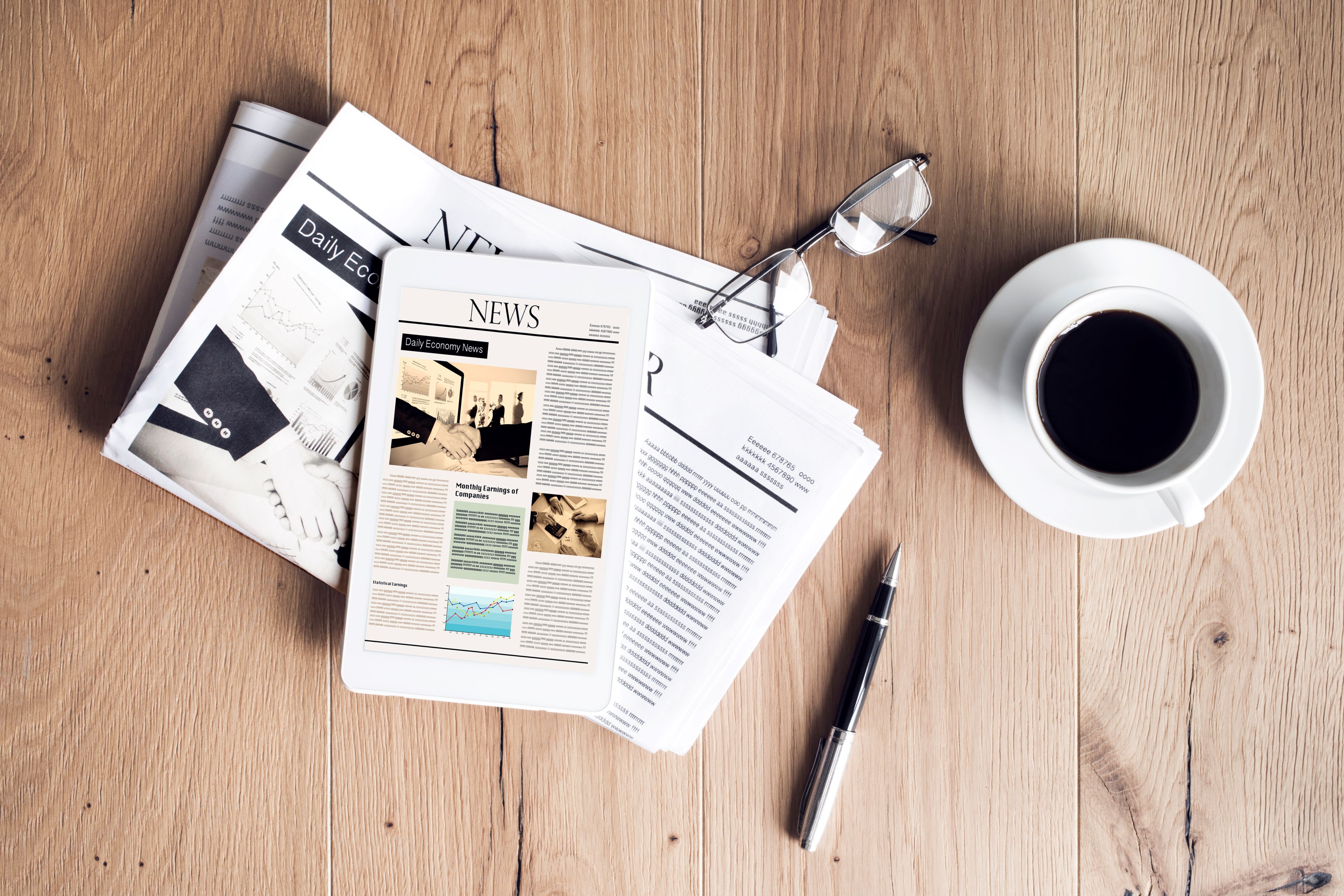
As the UK general election campaign rumbles on, there have been major developments in other democracies this week.
Narendra Modi’s National Democratic Alliance (NDA) coalition won enough votes to propel him to a historic third term as prime minister – though his Bharatiya Janata Party (BJP) did not receive enough to govern alone.
Dutch European elections also brought success for a centre-left alliance, while the rest of the continent gears up for their own rounds of voting.
Today (7 June) also brings news of prediction-beating export growth for China, while we also round up the rest of this week’s news.
The big picture: China’s exports received a boost as new statistics from the country’s customs authority showed faster growth than expected for the month of May.
The FT reports that the value of Chinese exports rose by 7.6% in dollar terms, beating a prediction from a Reuters poll of economists of a 6% increase. It is also a larger increase than any since April 2023.
Imports, however, saw a shortfall on predictions, coming in at 1.8% in year-on-year figures as China contends with a persistently weak domestic demand. Issues with the country’s property sector have also led to a renewed focus from the government on manufacturing, where its industrial strategy and subsequently cheap exports have rankled western markets.
Carlos Casanova, UBP senior economist for Asia, told the FT that “the drivers of growth seem to be investment into manufacturing as well as a pick-up in exports which is linked to stronger external demand”.
Good week/bad week: A new report from DHL on ‘global connectedness’ has found that fears of deglobalisation and fragmentation may so far be overstated. The report notes that “the resilience and growth of international flows in the face of recent crises strongly rebuts the notion that globalisation has gone into reverse”. WTO director general Ngozi Okonjo-Iweala was quoted in the report as saying that “globalisation is not over”, but that it “needs to be improved and reimagined”.
UK researchers quoted in New Scientist yesterday said that new export controls introduced in April on quantum computing technology could restrict development in the sector. Richard Murray of the UK quantum firm Orca Computing argued that “this ban will only ensure that any efforts to build quantum computers in the UK will fall behind others in the world”, while the Department for Business and Trade (DBT) was unable to respond to comment owing to pre-election period rules, it said.
How’s stat: Eight – the number of seats won by the centre-left Green-Labour alliance in the Dutch instalment of this week’s European elections, according to exit polls.
It beats the seven won by the Freedom Party led by Geert Wilders, up from one in the previous European Parliament.
The BBC notes that around two thirds of votes went for pro-EU parties, and you can read more on the ongoing elections in yesterday’s member-exclusive Trade Insights piece on the subject.
The week in customs: This week was the final deadline for migration to the Customs Declaration Service (CDS) from the Customs Handling of Import and Export Freight (CHIEF) system.
What else we covered this week: Wednesday marked a major announcement and “pivotal moment” for the Institute of Export & International Trade (IOE&IT) as it notified members of its move towards becoming the Chartered Institute of Export & International Trade.
IOE&IT director general, Marco Forgione, said of the IOE&IT gaining chartered status:
“This is one of the highest honours His Majesty can bestow on an organisation and is acknowledgement of the professional status of you, our members, as well as recognition of the Institute’s important role in empowering global trade and its high-standing in public life.”
We spoke to Baroness Meyer, the prime minister’s trade envoy to Ukraine, on her role in facilitating business there during wartime, as well as her background and her hopes for a “fantastic future” for the country.
Our regular election update provided news on this week’s general election debate, as well as a tax policy dispute and the return of Nigel Farage to the leadership of Reform UK.
IOE&IT expert and head of strategic projects Kevin Shakespeare gave members exclusive insights on trade and export finance in a Trade Explained this week.
True facts: On this day in 1929, the Vatican was established as an independent nation by the Lateran Treaty. The CIA World Factbook lists its top industries as printing and the production of coins, medals and postage stamps – industrial policy still pending.



